Published
- 09:00 am

Cybersecurity platform for SMEs CyberSmart has reportedly collected $15m for its Series B funding round.
The investment was led by European venture capital firm Oxx, according to a report from TechCrunch. Commitments also came from British Patient Capital, Legal & General Capital and Solano Partners.
Existing CyberSmart backers IQ Capital, Eos Venture Partners, Winton Ventures and Seedcamp also joined Series B.
With the capital, CyberSmart plans to develop its product and explore potential acquisitions. Additionally, the CyberTech company plans to expand its channel partners and customers in Europe, Australia and New Zealand.
UK-based CyberSmart is a cybersecurity platform aimed at SMEs. Users can instantly check their organisation’s security status and see where there is room for improvement. Its platform also boasts 24/7 cyber risk management, with the solution identifying risks and offering simple instructions to avoid them.
The solution also provides visibility into every device used by the company and offers training to educate staff on online safety.
According to its website, the company is used by over 4,000 small businesses.
Oxx partner Phil Edmondson-Jones said, “SME’s are notoriously under-protected from the rising cyber threat, and existing cybersecurity and insurance propositions are neither fit for purpose nor affordable.
“We have spent a long time searching for the right business model that can enact a step-change in this important & enormous market. CyberSmart’s category leading SME security product; combined with its unique ability to collect ‘inside-out’ data on real-time risk indicators, will propel the business to become a core part of the infrastructure for cyber protection and insurance.”
As part of the deal, Edmondson-Jones will join the board of CyberSmart.
The company previously raised $10m in an oversubscribed Series A round in 2021. The capital, which was raised to foster its international expansion, was supplied by IQ Capital, Eos Venture Partners and Winton Ventures.
Related News
- 09:00 am
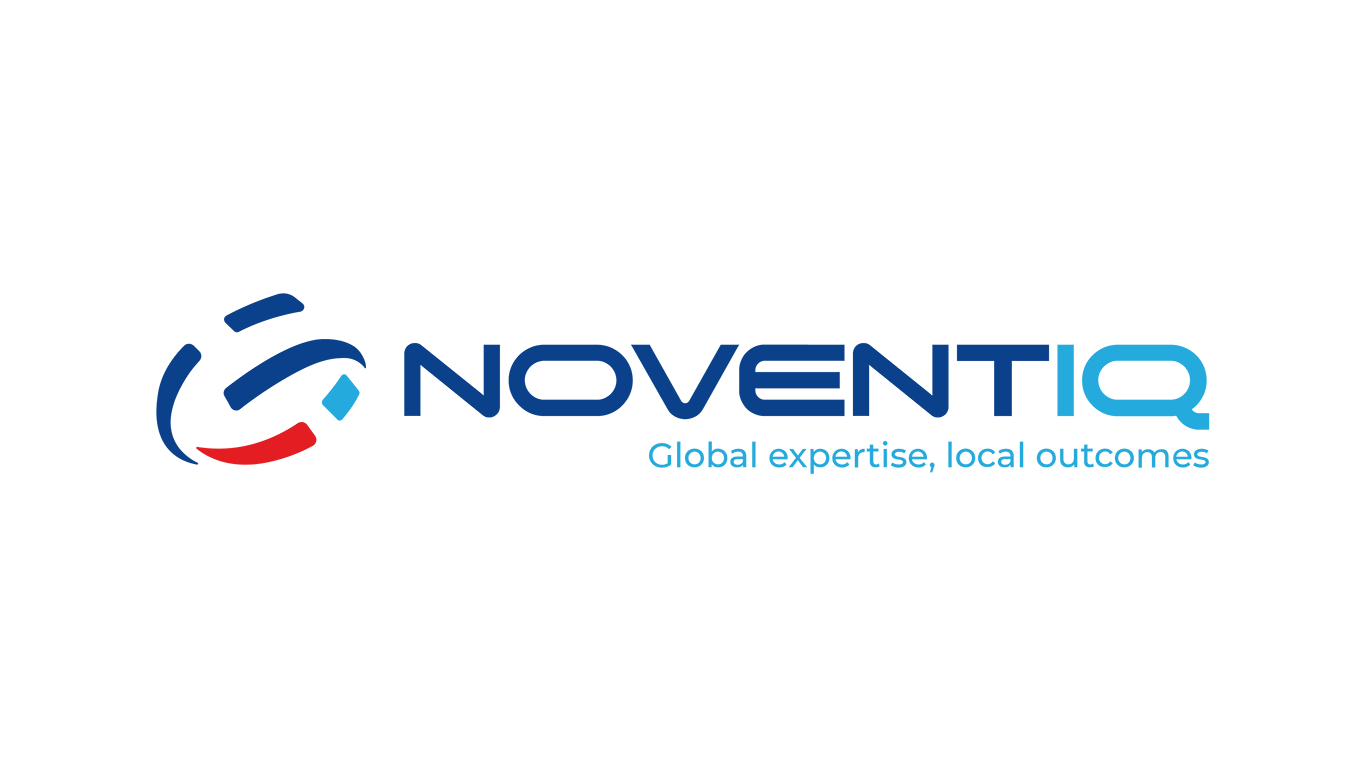
Noventiq, the global digital transformation and cybersecurity solutions and services provider, announces today that the acquisition of the majority stake of Saga Group has been closed.
In September 2022, Noventiq signed an agreement to acquire Saga Group. The transaction strengthens Noventiq's presence in Eastern Europe as well as opening other markets such as Serbia, Montenegro, Bosnia and Herzegovina, and North Macedonia.
With this acquisition, Noventiq customers now have access to Saga Group's own digital products, including its own IP for digital banking, Fintense created by Saga's subsidiary NF Innova, which is an omnichannel digital banking platform offering process automation, data management and personal advisory. Saga's other sophisticated IP platform, Weaver which is a mature AI-developed chatbot, and Selecta, which is a next-generation AI-empowered CRM platform are owned and created by Intellya, another subsidiary of Saga Group.
Saga Group, and all its subsidiaries, will continue to operate under its existing brand while incorporating the 'a Noventiq company' into its logo. The group, which will maintain its headquarters in Belgrade, will continue to be led by its current management team, and the President of Saga Supervisory Board, Dejan Popovic.
Now that the deal has been closed, the scope of support that Saga, and its subsidiaries, offers to its customers will expand thanks to Noventiq's global position. The company will gain more international exposure as well as access to Noventiq's expanded portfolio thanks to its global partner relationships which include vendors like Adobe, Amazon Web Services (AWS), Citrix, Google Cloud Platform (GCP), Microsoft, among multiple others.
Herve Tessler, President and COO at Noventiq, says:
"The closing of this deal will strengthen Noventiq's footprint in the Eastern European region, which is a key strategic approach for our company in 2023. Saga's solutions offerings and sophisticated own IP will help Noventiq to grow our portfolio capabilities in the region and beyond."
Dejan Popovic, President of Saga Supervisory Board, said:
"I am very excited with the announcement of the closing of this deal because it implies that now Saga Group and its customers will benefit from Noventiq's strong connections and relationships at a global scale with top IT leaders such as AWS, Google, Microsoft, VMWare and many others. We are also very keen to work alongside their workforce of almost 5,900 employees all with extraordinary skills."
Related News
- 02:00 am

Revolut, the global financial super app with over 20 million retail customers, today launched Revolut Pay - a new secure online checkout feature which allows UK and EEA merchants to present ‘Revolut Pay’ as a payment method across product, cart, and checkout pages.
Revolut Pay aims to disrupt the payments ecosystem by making shopping online even easier as it facilitates direct payments, while providing best-in-class security for Revolut users: payments will be validated via secure features such as Face ID, or fingerprint unlock, and no account number will be shared. This in turn will help to prevent fraud and keep users’ funds safe while shopping.
Revolut Pay is a fast, frictionless and secure method to checkout online or on mobile. Consumers can pay with just one click and earn cashback on purchases as they spend. Existing Revolut users can use Revolut Pay and pay via saved cards or directly via their Revolut account balance. Non-Revolut users can pay just as easily by using saved Mastercard or Visa cards issued by any other providers.
Revolut Pay will solve problems for vendors as well as shoppers: online merchants lose up to 80% of their sales due to customers abandoning their shopping carts. Shoppers often cite long and confusing online checkout processes and limited choice of payment methods as reasons for leaving a website before they purchase. Revolut Pay will reduce cart abandonment with its fast and frictionless checkout.
Revolut Pay merchants can accept payments with low fees in more than 20 currencies. Revolut Pay follows the launch in July of Revolut Reader, a card reader payment terminal, as well as the launch of Revolut’s payment acceptance platform in 2020 for businesses to accept payments easily.
Since launching Revolut Business in 2017, Revolut has developed 20 products designed to empower businesses looking to increase conversions and more effectively manage finances. Revolut Pay is already being used by merchants including Shopify, Prestashop, WH Smith and Funky Pigeon, and will become available on more vendors in coming months, including Club L London and the flight booking company FlyGo.
Revolut Pay is powered entirely by Revolut’s payment technology and is a move towards building Revolut’s payments ecosystem, whereby Revolut enables transactions between retail and business customers. Revolut’s new direct payments solution will also deliver lower fees for its business customers.
Nikolay Storonsky, Founder & CEO of Revolut said: “With its speed, convenience, security and low pricing, Revolut Pay gives merchants a competitive advantage in a rapidly growing e-commerce market. At Revolut, we constantly strive to make it faster, easier and cheaper for merchants of all sizes to accept payments, wherever they are, and to make it more convenient and secure for customers to pay. That’s why we’re launching Revolut Pay.”
Revolut Pay features include:
- A new way to pay that’s fast and frictionless
- Best-in-class security, leveraging two-factor authentication when needed
- Low transaction fees with no hidden or monthly charges
- With Revolut Pay, funds will be settled directly into a merchant’s Revolut Business account within 24 hours at no extra cost (compared to businesses typically receiving funds settled to their account in up to seven days and having to pay for quicker funds arriving)
- SMEs can can add Revolut Pay to web and mobile checkout pages and be up-and-running in minutes via our easy-to-install plug-ins
- For larger businesses and start-ups, Revolut Pay has a set of easy-to-integrate plug-in API and SDKs (Software Development Kits) that allows enterprises to go live in a matter of days
- Option to incentivise customers with cashback on their purchases
Revolut Business is a borderless financial superapp for businesses - rapidly improving how start-ups, scale-ups, and large-scale businesses accept and make payments, control spending and empower their teams. Our mission is to help companies do business globally, from day one, from anywhere. Launched in 2017, today hundreds of thousands of businesses rely on Revolut Business as their platform for growth.
Related News
- 07:00 am

Themis announces today a new strategic partnership with Diligencia, a leading provider of corporate data in the Middle East and Africa (MEA). This partnership reflects the ongoing, significant investment in Themis’ AML/CFT technology, and follows the recent announcement of successfully overfunding in their Pre-Series A round - raising a total of £3.1 million.
With its automated due diligence platform (Themis Search & Monitoring), Themis has continued to champion and develop cutting-edge technology to help clients in the fight against financial crime. The platform allows companies and individuals to carry out AML screening and monitoring of all of their clients, suppliers, third parties and investors in one place to ensure no unwanted or unknown links to criminality exist amongst their clients or in their supply chains.
Themis uses advanced AI and ML technology, powered by threat-based data, research and intelligence to detect potential links to financial crime. Its AML software provides a simple way to conduct screening, KYC onboarding, risk mapping, enhanced due diligence and automated monitoring in one platform to make sure that you are not inadvertently dealing with companies, entities or individuals with criminal records, links to serious & organised crime or other forms of financial crime.
This deal with Diligencia, a recognised market leader in legal entity data and corporate intelligence across the Middle East and Africa, builds on Themis’ existing data sets to provide unparalleled access to corporate data in the region; this partnership adds an additional 15.5 million records across 70 countries across the MEA region and Sub-Saharan Africa, including in-depth analysis of companies and directors in the UAE, Saudi Arabia, Iran and other GCC countries.
Themis Search now provides access to over 215 million company records and 280 million individual directors in over 140 jurisdictions globally. The platform also gives you full political exposure (PEP) status, and comprehensive sanctions data from over 80 different countries, including the UAE, KSA, Algeria, Bahrain, Egypt, Iran, Iraq, Israel, Jordan, Kuwait, Lebanon, Libya, Morocco, Oman, Palestine, Qatar, Syria, Tunisia and Yemen, as well as OFAC, EU & HMT lists, regulatory enforcements and corporate actions, over 25 million adverse media articles spanning 15 years in over 40 different languages (including Arabic, English, Tajik, Turkish, Dari, Kazakh, Farsi and Azerbaijani) and Themis’ unique proprietary special interest list data covering convictions of specific predicate crimes, from fraud, bribery & corruption, sanctions evasion or enablement and terrorist financing, through to the more hidden crimes such as modern slavery and human trafficking, the illegal wildlife trade and other forms of environmental crime.
As a UAE-based, home-grown MENA tech champion, based out of Hub 71 and ADGM, Themis is passionate about helping UAE and MENA businesses enhance their corporate governance and due diligence capabilities; this partnership represents a significant investment in the region and Themis is excited to start working with Diligencia to super-charge the customer onboarding and due diligence activities of businesses operating in the region.
Dickon Johnstone, Chief Executive Officer at Themis, says: “This strategic partnership absolutely aligns with our mission - to reduce the global impacts of financial crime. Knowledge is everything and the continued expansion of our data sets means you can be confident that you have run comprehensive checks to avoid any potential dealings with fraudsters, con-artists or other nefarious characters or businesses. We want everyone to be able to conduct quick, easy and thorough due diligence on all their counterparties - whether that be a new client, supplier or investment - at work or at home. It is really important you know where your money is going and that you are not unwittingly feeding the shadow economy.”
Matt Deacon, Chief Technology Officer at Themis, says: “Advanced AI and data are so critical to the fight against financial crime and I’m delighted that this work with Diligencia adds another string to our bow in terms of our ever-expanding database and due diligence platform, Themis Search.”
Patrick Lord, Commercial Director at Diligencia, says: “Financial criminals exploit unequal access to knowledge and information, causing very real harm to people, to businesses and to the environment. That is why our mission at Diligencia is to deliver clarity with the data and intelligence we provide, because in the absence of clarity comes uncertainty, inefficiency and, in the worst cases, criminal activity. We are really excited about this strategic partnership with Themis and look forward to supporting Themis’ clients over the coming years as we work together to fight financial crime. This partnership demonstrates our shared values, with two purpose driven businesses working together to tackle one of society’s most serious but hidden issues.”
Related News
- 09:00 am
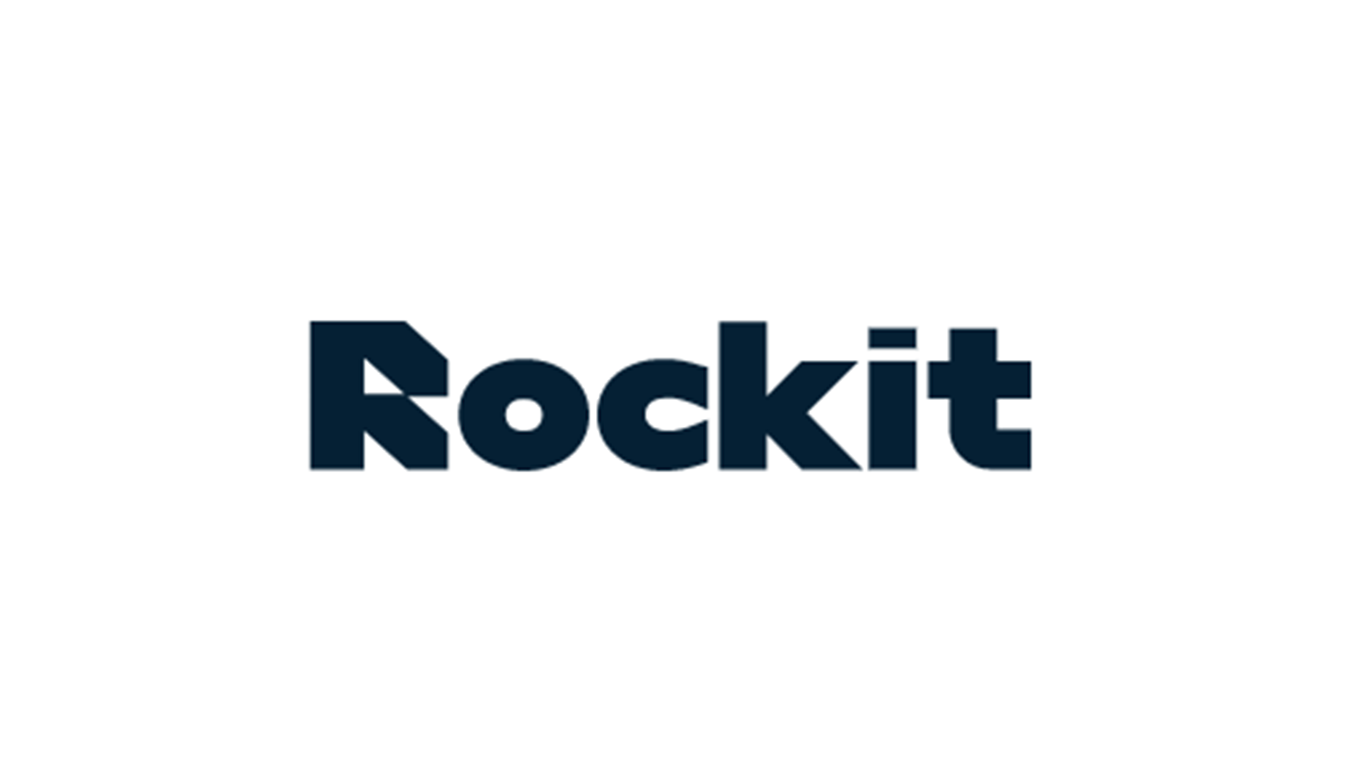
The global fintech ranking by the UK research firm Findexable has ten European countries in the first rankings out of 20 countries, and this includes Lithuania. But can we be proud of such a result? The reasons hindering the creation of fintech solutions in Europe were discussed at the international Fintech Day conference in Vilnius.
According to Alessandra Gambrill, Head of FinTech Belgium, the European Union is a beast with as many heads as there are member states, making it very difficult to talk about it as a single market.
“Yes, the unification of laws is very advanced in the European Union. In order to achieve this, fintech associations work closely with the European Commission and the Parliament. There is certainly an effort to unify all the laws, and a lot of progress has been achieved in this area, but we are faced with the opinions of the regulators in each country,” says Ms Gambrill.
According to her, the rules laid down by the regulators certainly undermine the development of innovation. For example, in Belgium alone, two years of procedures are needed to bring the new technology developed by a fintech company into a bank.
However, Tadas Vizgirdas, Managing Director of Shift4 Payments Lithuania, pointed out that strict regulation by central banks also has positive aspects.
“Many market participants think of the word ‘regulatory’ as a swear word. It is true that compliance is time-consuming. In the end, however, security is the main concern of regulation, and this helps to innovate. In the US, for example, there are many crimes related to the theft of credit card data. In Europe, this problem has been solved in practice and the regulators have made a significant contribution to it,” says Mr Vizgirdas.
Chris Crespo, co-founder of Nordic Fintech Magazine, who came to the conference from Denmark, said that for many years Europe has been asked why there are still no super-apps. Such apps have at least a few different features, including payment for services. Examples of these apps include Grab (670 million users) in Southeast Asia and Rappi in South America. With them, you can order the delivery of food or medicine, rent a vehicle, and receive all financial services.
“Why can’t Europe have such an app, especially when it’s exactly what consumers need? The reason is not that we do not innovate. It is rather due to differences between European countries, including unresolved regulatory differences. This means that tech service developers from different countries need to join forces,” says Mr Crespo.
He believes that European super-apps are unlikely to come from fintech developers. “These innovative products usually come from retail, delivery or transport services. In Europe, we have traces of this, such as Wolt and Bolt, which invested a lot in their development, as well as Deliveroo in the United Kingdom. The crisis can force such companies to think about expanding the range of services, including financial services,” says the fintech expert.
Andrius Bičeika, Deputy Director and Board Member of Revolut, agrees, saying that 2023 would not become the year of a breakthrough in super-apps in Europe, because this requires millions of customers to attract a lot of money, and venture capital investment will be lower this year.
Chris Crespo offered another opportunity for the Lithuanian fintech sector − to intensify cooperation with the Nordic countries.
“Tech innovations in the Baltic and Nordic countries are world-class. It is enough to go to other regions of the world, and there we will find the use of cash or very old payment methods prevalent. I believe that by combining everything we have created, we will certainly be able to use it in Central or South America, in the Middle East − because in these countries we will no longer have to invent the wheel, but simply just adapt our products. Let’s export our talents, minds, and innovations − it’s beneficial for all sides,” says Chris Crespo.
Related News

Naresh Kurup
Chief Brand Officer at CustomerXPs
COVID continues to be in the news and it seems it will be a while before it completely disappears. see more
- 09:00 am
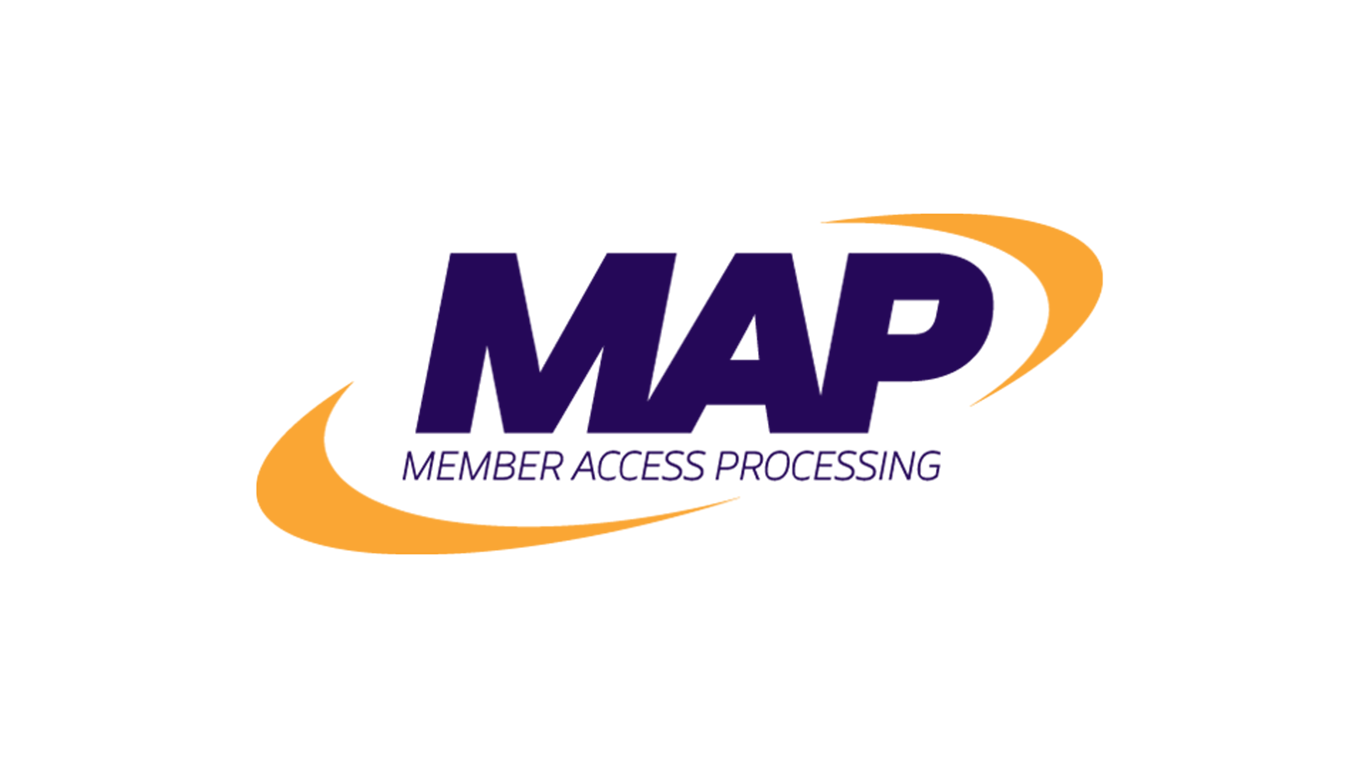
Member Access Processing (MAP), the nation’s leading provider of the Visa DPS Debit, Credit, ATM, Prepaid, and Mobile Processing platform to credit unions, today announced the appointment of Dan Ruppe as Senior Vice President of Product Services. Reporting to CEO Cyndie Martini, Ruppe will lead MAP’s growing suite of payment services, including the management of third-party solutions from the nation’s leading providers.
“We are thrilled to have Dan join our team in this strategic role to expand and develop MAP’s product services,” said Cyndie Martini, President and CEO of MAP. “His wealth of experience and proven track record of success make him the perfect fit for this important position.”
An experienced product strategist and leader, Ruppe brings over three decades of experience in the card payments industry and has held various staff and management positions in the areas of Account/Service Management, Systems Quality Assurance, Business Analysis, Compliance, Sales, and Product Management. His past companies have included PaySys International, Hogan Systems, PSCU, and the combined entities of the Honor Debit/ATM network, the Star Debit/ATM network, and First Data Corp.
Related News
- 01:00 am
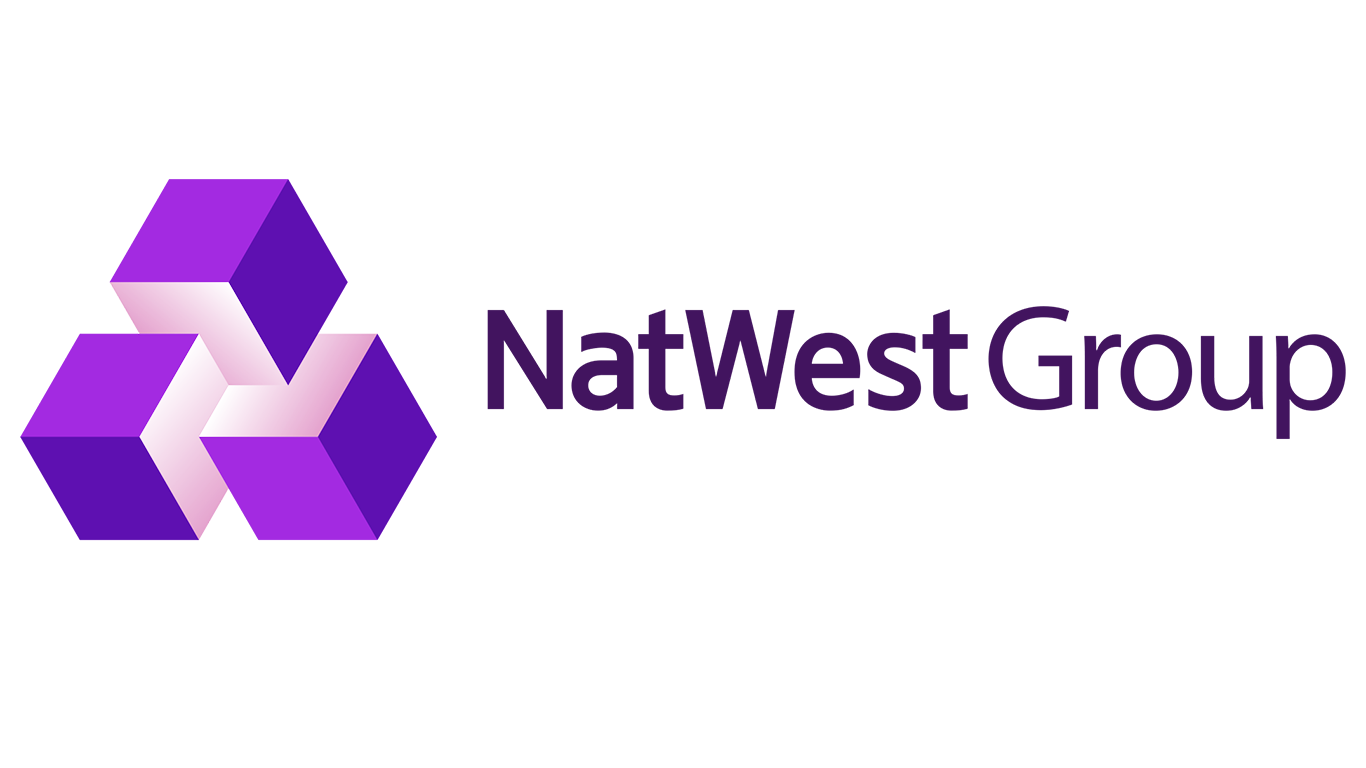
NatWest and NAB have published a jointly authored white paper exploring the common threads that bind both Australia’s Consumer Data Right (CDR) and the UK’s Open Banking regime.
The agenda-setting whitepaper highlights the similarities in the policies that underpin both regimes: to increase competition, innovation and to empower consumers with control over their data, as well as how the two countries have diverged in their journeys to implementing these frameworks, notably in relation to their respective scope in terms of ‘breadth versus depth’.
Claire Melling, Head of Bank of APIs, NatWest said:
“By collaborating with NAB on this report we shared valuable lessons from the UK’s implementation of Open Banking, as well as our own experiences at NatWest of going above and beyond the mandate with the creation of our Bank of APIs ecosystem. We also have lessons to learn here in the UK from Australia’s approach to the Consumer Data Right – especially in terms of the breadth of data access being implemented there. It’s important that the industry acts on this insight from Australia as we transition from Open Banking to Open Finance and Smart Data in the UK.”
One of the report’s authors, NAB Executive Digital & Data Governance, Brad Carr, said there’s a lot to be learnt for both jurisdictions.
“Consumers are now looking for more integration and connection between the main experiences they have every day, and that means evolving from 'Open Banking' to 'Open Data',” Mr Carr said.
“There are a number of insights and lessons we can glean from Australia and the UK’s journeys in relation to Open Banking and the Consumer Data Right. It has been great to partner with our friends at NatWest on this report, as the UK was an early adopter of Open Banking and many other nations, including Australia, looked to the UK’s experience in developing their own regimes.”
Angela Mentis, NAB Chief Digital, Data & Analytics Officer said customers will be the beneficiaries of this convergence as the economy becomes increasingly digitised.
“We’re exploring ways we can utilise open banking to improve experiences and make things easier for our customers,” Ms Mentis said.
“As an active data recipient, one of the areas we’re looking at is how open banking can help us enable instant credit decisions. Immediate decisioning will have a transformative effect on the customer experience and allow us to better support a customers’ financial wellbeing.”
The UK and the Australian regimes are now at a critical juncture of their respective development, with the UK looking beyond banking and finance to open data and Australia shifting focus to grow adoption of the regime and support greater system functionality.
Several years on, is Open Banking in the UK and the CDR in Australia heading in the right direction? And are they moving quickly enough to be impactful in their respective economies?
Related News
- 08:00 am
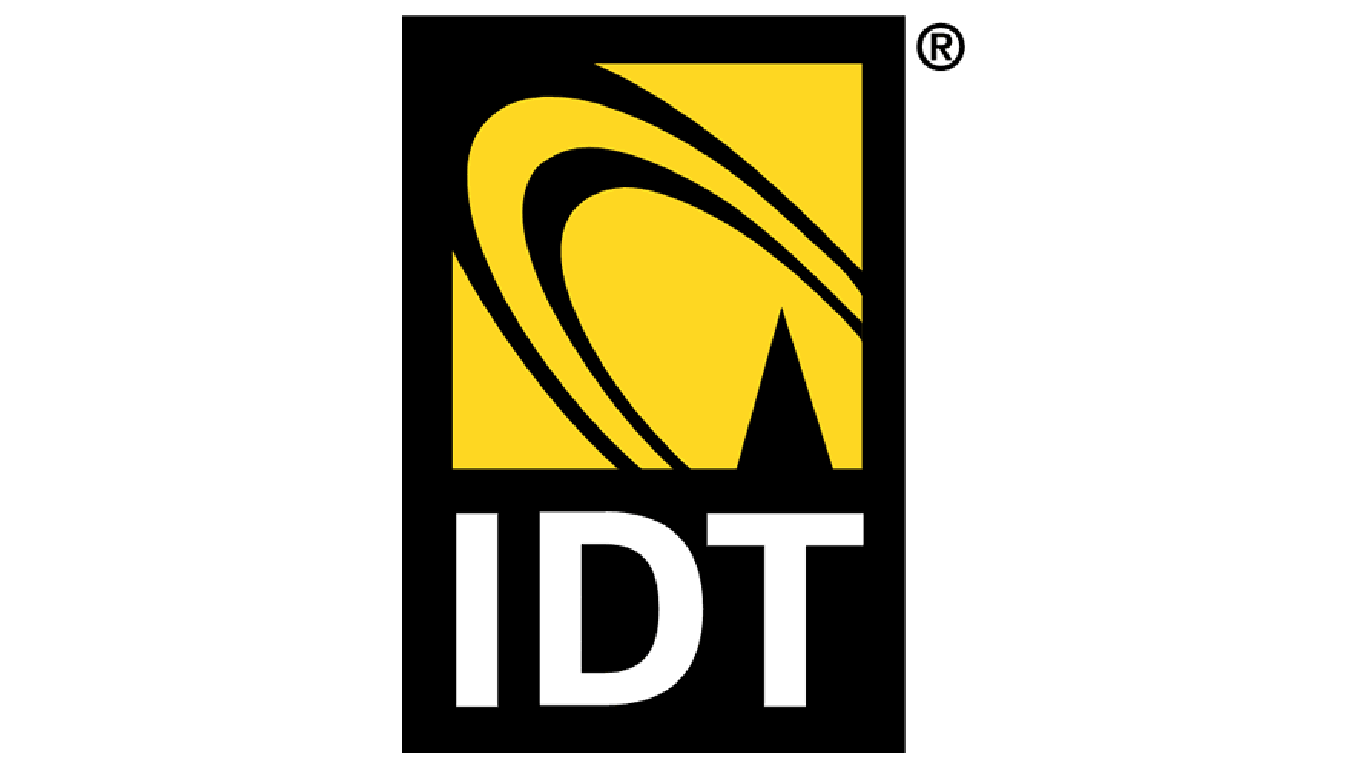
IDT Corporation, a global provider of fintech, cloud communications, and traditional communications services, today announced the launch of its cloud-based prepaid-as-a-service platform, Zendit. Zendit will be introduced at the Mobile World Congress 2023 (MWC) in Barcelona, Spain, from February 27th to March 2nd.
With the Zendit platform, businesses of all sizes, entrepreneurs, and developers will be able to easily add a powerful, global monetization channel to their apps and websites - prepaid offerings curated from a global digital catalog of over 10,000 goods and services including mobile airtime top-ups, mobile data bundles, digital gift cards, and utilities.
“The rapid adoption of digital prepaid services in combination with the extensive reach of mobile - now over seven billion consumers worldwide - is fueling extraordinary growth in the global prepayments space,” said Emilio del Rio, President of IDT Digital Payments. “Now, Zendit’s cloud-based, prepaid-as-a-service platform enables companies to participate in this high-growth opportunity by efficiently integrating cross-border prepaid offerings into their apps and websites in a matter of minutes.”
The Zendit platform can easily scale to meet the needs of businesses and organizations of all sizes while ensuring uptime and availability. It provides a user-friendly and intuitive workflow without sacrificing powerful features and flexibility. The platform will feature a range of tools from APIs and SDKs to no/low-code widgets and plugins that will make it easy for any developer to integrate prepaid offerings with existing systems and technologies.
To enhance speed and ease to market, Zendit offers a seamless self-onboarding experience that simplifies the integration process, enabling developers to access and manage Zendit’s global prepaid catalog within minutes. Developers can head over to zendit.io, open an account, obtain integration credentials, fund their wallets, and go live – all in a matter of minutes.
“Our mission is to enable businesses of all shapes and sizes to unlock new revenue opportunities by building innovative prepaid solutions that attract, engage, retain, and reward their customers worldwide,” del Rio concluded.
MWC attendees are invited to stop by the IDT booth at Congress Square Stand CS24 for a firsthand look and personalized demonstration of the innovative Zendit platform.
Related News
- 06:00 am
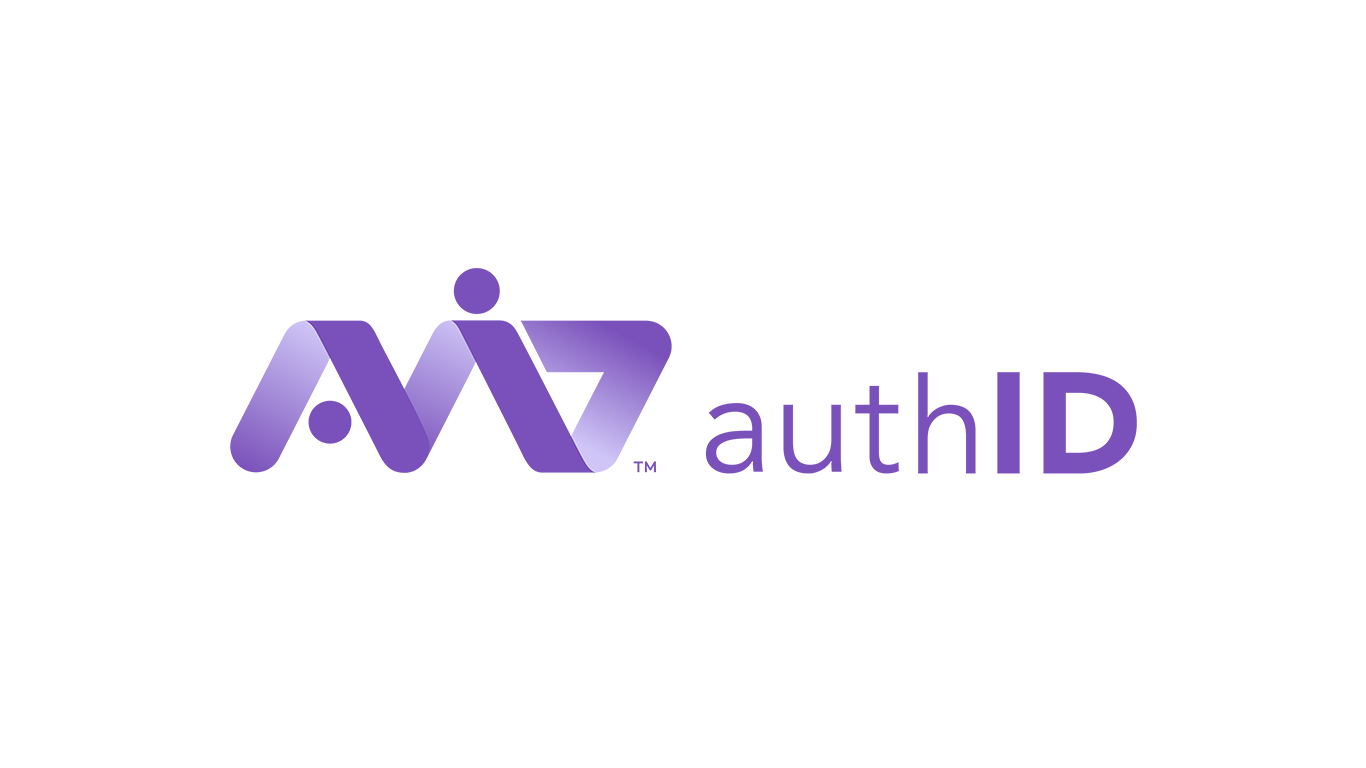
authID [Nasdaq: AUID], a leading provider of secure identity authentication solutions, has released the results of its Second Annual Fintech Cybersecurity Survey, which assesses cyber-professionals' attitudes and perceptions on identity authentication solutions and uncovers insights about current and emerging trends in enterprise security.
With highly valued assets and loads of confidential data, fintechs are frequently targeted by social engineering scams, phishing attacks, and account takeovers that prey on human vulnerabilities. These attacks can cause significant damage to companies’ reputation, positioning, market trust and ultimately to their bottom line.
Despite these vulnerabilities, authID’s survey found that many organizations are still relying on legacy multi-factor authentication such as OTP (one-time-passwords) and KBA (knowledge-based authentication) that causes significant customer friction and leaves organizations vulnerable to cyberattacks.
While 60% of surveyed professionals said their organizations had not adopted more secure, passwordless solutions, the majority are evaluating improvements to their security. 80% indicated they are likely to evaluate solutions that eliminate the risks and costs of passwords and legacy MFA.
Building on results from last year’s report, authID’s second annual survey allows cyber-professionals to track trends on multi-factor authentication methods, new technology readiness, and IT spend.
Additional key takeaways from the survey report include:
- Nearly one-third (29%) of organizations have launched passwordless solutions, up from 22% last year.
- More than 80% of cybersecurity professionals at financial services and technology companies are worried about the daunting task of protecting both workforce and customer applications from cyber threats.
- Almost 2/3 of fintech organizations still rely on vulnerable, often-phished passwords and legacy MFA for their customer and workforce applications—and 15% do not even use multi-factor authentication.
- 57% of respondents said they anticipate their level of investment in IT security will increase in 2023.
“As cybersecurity breaches continue to disrupt businesses, it is crucial to understand where the fintech market is positioned in terms of adopting improved security solutions,” said Jeremiah Mason, Chief Product Officer of authID. “This survey shows that while more organizations have adopted secure, passwordless authentication, the need and the market opportunity for replacing legacy MFA remains great.”
authID's survey found that of the organizations which are considering legacy MFA alternatives, nearly one-third (31%) are assessing facial biometrics—such as authID’s Human Factor Authentication—which provides businesses and consumers with trusted, biometric account access and recovery with cloud biometrics bound to the user’s identity. With authID’s FIDO2-certified, NIST AAL 2-level authentication, users can login 100% password-free across any modern device.









